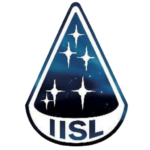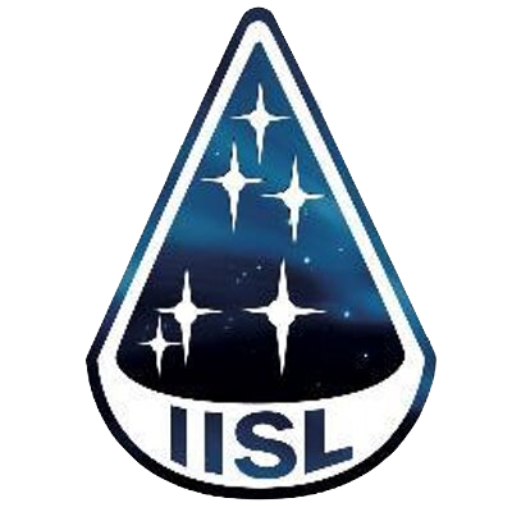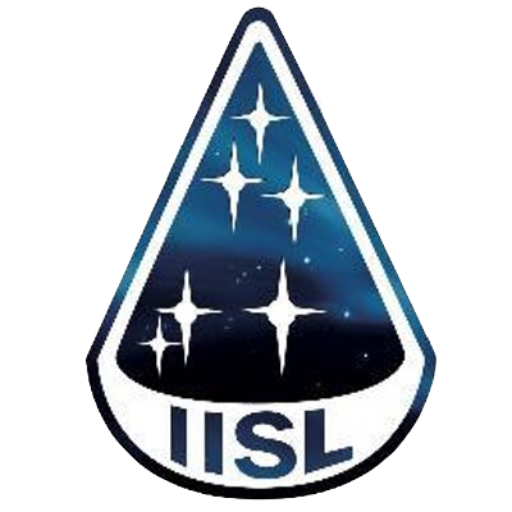Working Group Overview
The expansion of outer space activities, including resource extraction and satellite deployment, necessitates a re-evaluation of existing legal frameworks to ensure globality and inclusivity. This Working Group, under the auspices of the International Institute for Space Law (IISL), aims to address these emerging challenges and opportunities and contribute to the ongoing evaluation of an interplay between international law (lex generalis) and international outer space law (lex specialis).
Aims and Objectives
The aim of this Working Group is to analyse and interpret how outer space activities, multi-level legal regime interactions, and especially outer space law(s) interact with the rights of indigenous and other non-state forms of governance. The specific objectives include:
- To evaluate the status of international, national, transnational, and regional laws and international outer space law (lex lata) in relation to the rights of indigenous and other non-state peoples.
- To identify potential gaps and challenges in the current legal frameworks that may affect indigenous and other non-state peoples in the context of outer space activities.
- To develop comprehensive guidelines and recommendations.
- To facilitate dialogue and collaboration between space-faring nations, indigenous and other non-state communities, groups, and peoples, legal scholars, and other stakeholders.
- To promote awareness and understanding of the unique concerns of indigenous peoples and other non-state peoples and their governance in the realm of space exploration and exploitation.
Methodology
The Working Group will employ a multi-disciplinary approach, drawing on expertise from the fields of international law, space law, human rights law, indigenous law, among others. The methodology will include comprehensive literature review and legal doctrinal analysis, engagement with indigenous communities and leaders, collaboration with international legal experts and space law practitioners, and preparation of the final report outlining findings and recommendations.
Outcomes
The expected outcomes of the Working Group are as follows:
- A detailed report that aims to contribute to ongoing interpretation between international law and international outer space law with special focus on indigenous peoples’ law and governance and other non-state peoples’ law and governance.
- Establishment of a platform for ongoing dialogue and cooperation among indigenous peoples’ law and governance and other non-state peoples’ law and governance and ongoing developments in outer space law.
- A series of outputs including conferences and related proceedings, guest presentations, and regular updates for the IISL Members.
Call for Participation
The Working Group endeavours to foster a worldwide, inclusive, and pluralistic process of participation and drafting. We invite expressions of interest from IISL members and experts from other disciplines to join this important initiative. Particular emphasis will be placed on the existing expertise of members and background in the specific topics and ensuring expansive representation from all global regions.
The document providing the call for participation can be found below.
Provisional Timeline
September 2024 - December 2026.
Archives
Below the Archive of posts related to the IISL Working Group: Indigenous Peoples, Non-State Peoples, and Outer Space Law can be found.
- Call for Participation - Working Group on Indigenous Law and Governance and Non-State Peoples' Law and Governance in International Outer Space Law
 Dear Members, Prospective Members, and Friends of the International Institute for Space Law (IISL), We are pleased to invite you to participate in the newly established Working Group on Indigenous Law and Governance and Non-State Peoples' Law and Governance in International Outer Space Law. Working Group Overview The expansion of outer space activities, including resource… Read more: Call for Participation - Working Group on Indigenous Law and Governance and Non-State Peoples' Law and Governance in International Outer Space Law
Dear Members, Prospective Members, and Friends of the International Institute for Space Law (IISL), We are pleased to invite you to participate in the newly established Working Group on Indigenous Law and Governance and Non-State Peoples' Law and Governance in International Outer Space Law. Working Group Overview The expansion of outer space activities, including resource… Read more: Call for Participation - Working Group on Indigenous Law and Governance and Non-State Peoples' Law and Governance in International Outer Space Law

